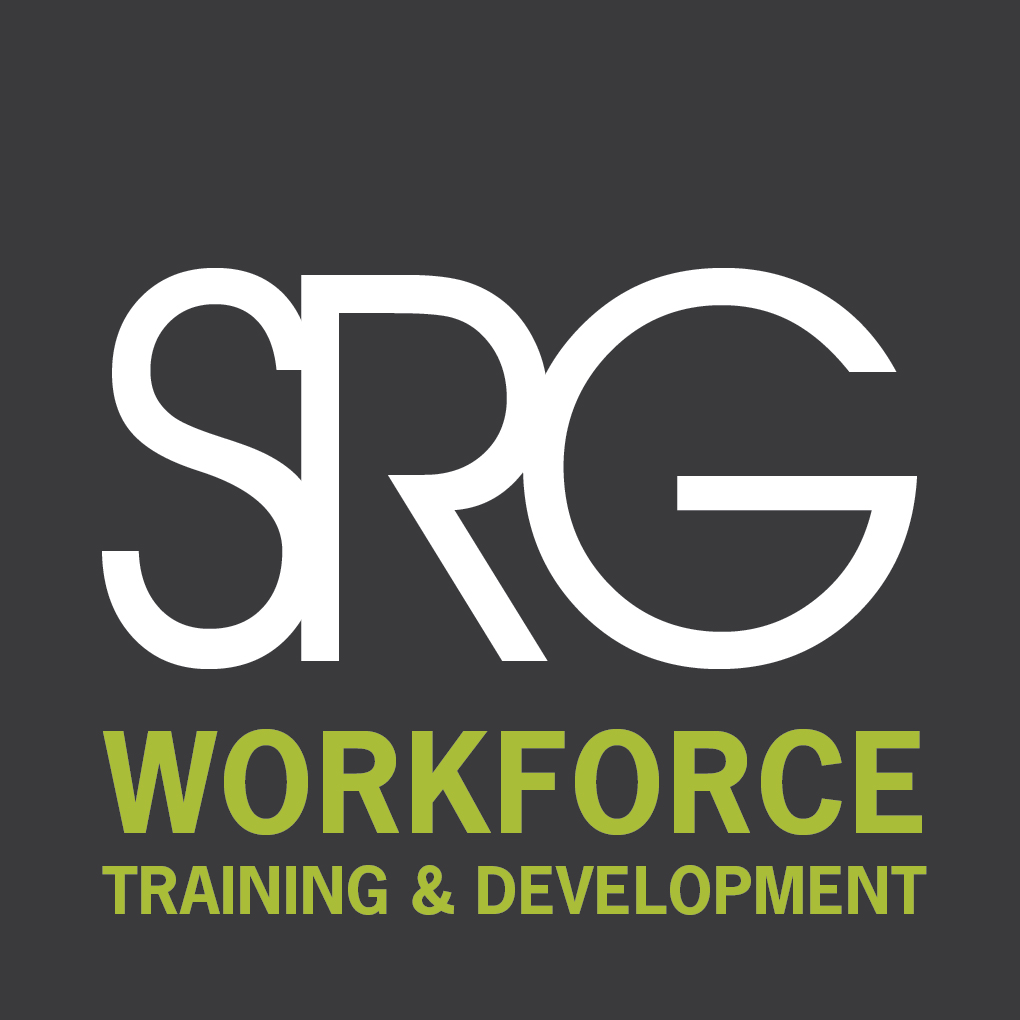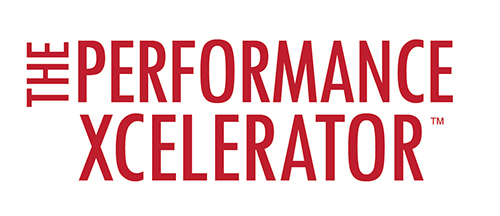
Boosting Productivity
It’s as easy as changing a label
Increase your employees’ motivation by giving them a greater sense of purpose and ownership. It’s not tough or expensive to do — but it starts with helping them to create the right “identity” in your workplace.
Self-Fulfilling Prophecy: Shape your employees’ visions of their roles
“Fake it until you make it” is common motivational advice to appear confident before one actually learns enough to feel confident. The very act of trying on a new persona, even if it doesn’t seem like a natural fit, increases the odds of actually transforming into said persona. You want to be happy? Intentionally act happy and eventually, your go-to outlook will be positive.
The same holds true for negative self-identity: If employees think of themselves of low-level drones, they’re less likely to strive to high performance. Negative constructs create a self-fulfilling prophecy: If a person’s beliefs are ingrained enough, they are likely to act in a way that makes those beliefs reality.
And where do a lot of personal beliefs about ourselves come from? Other people!
Use this tendency to your advantage. Proactively give your employees new “identities,” labeling them — and treating them — as what you want them to become.
Determine if your labels match the roles.
First, consider the most important traits of each job’s role — and whether the corresponding titles reflect those traits. For instance, a “problem solver” has a stronger identity than “customer service representative.” To which identity would you like your employee to aspire?
Then change what you need to.
You don’t necessarily have to officially alter job titles to change employees’ thinking. By simply referring to these new, more productive identities on a regular basis, you will help your employees think of their contributions differently. When they’re consistently treated and referred to as “innovators,” “problem solvers” and “relationship builders,” your employees will begin to believe that about themselves and start acting like it.
Psychological Ownership: Give your employees accountability to improve engagement
Employees are hired to do a job, and their compensation (and desire to keep that compensation flowing) is what drives their performance, right?
In theory, yes.
But for employees to exert higher discretionary effort (productivity above and beyond what’s required, which managers so covet), they must have true “psychological ownership” of their work and the outcomes they produce.
In a nutshell, psychological ownership occurs when an employee’s job (or employer) is part of their overall identity. And because the individual gets satisfaction from completing a task or accomplishing a goal — not from merely collecting a paycheck — productivity and quality increase dramatically.
For example, an administrative assistant who psychologically owns their job will put the same amount of effort into carefully taking notes and recording messages at work as they would at home. In this case, helping the workplace stay on track brings as much satisfaction as accurately completing personal tasks.
To give your employees psychological ownership over their performance:
- Help them understand and experience the benefits of their work.
- Provide opportunities for autonomy, when appropriate.
- Focus on results and outcomes, empowering employees to use their expertise and best judgment to figure out solutions.
When your employees own their work, they truly want to be more productive. Instead of feeling like they’re just following orders dictated from above, employees perceive themselves as true contributors.
And that’s great for everybody.
Desire for Purpose: Communicate the overall value of employee work
Most of us want to work toward something bigger and more important than ourselves. This desire for purpose is a major component of job satisfaction, and ultimately, productivity.
Use this to your advantage in the workplace! Clarify your company’s mission and how employees should help to achieve it. Convey the value of their job roles, by sharing details about company performance and how their effort made it possible. This nurtures the desire for purpose in two ways:
- It demonstrates to employees that their everyday responsibilities have a significant payoff and help accomplish valuable outcomes.
- Recognizing contributions makes employees feel personally appreciated and valued. This acknowledgement yields greater psychological ownership, more positive work identity and greater performance.
Ultimately, being labeled and treated as a “valuable contributor” creates a positive cycle: It makes a person more likely to consider himself as such, and in turn makes him more likely to act in that way.


A key stage in SRG’s Workforce Maximizer system is The Performance Xcelerator™ which allows SRG to harness key performance indicators in order to maintain optimal productivity. Utilizing workforce cycle employment methods, our trained team of Account Managers actively coach and counsel our Team Members to mitigate turnover and increase employee retention.
For more information on SRG’s workforce training and development services, contact your local SRG office.

